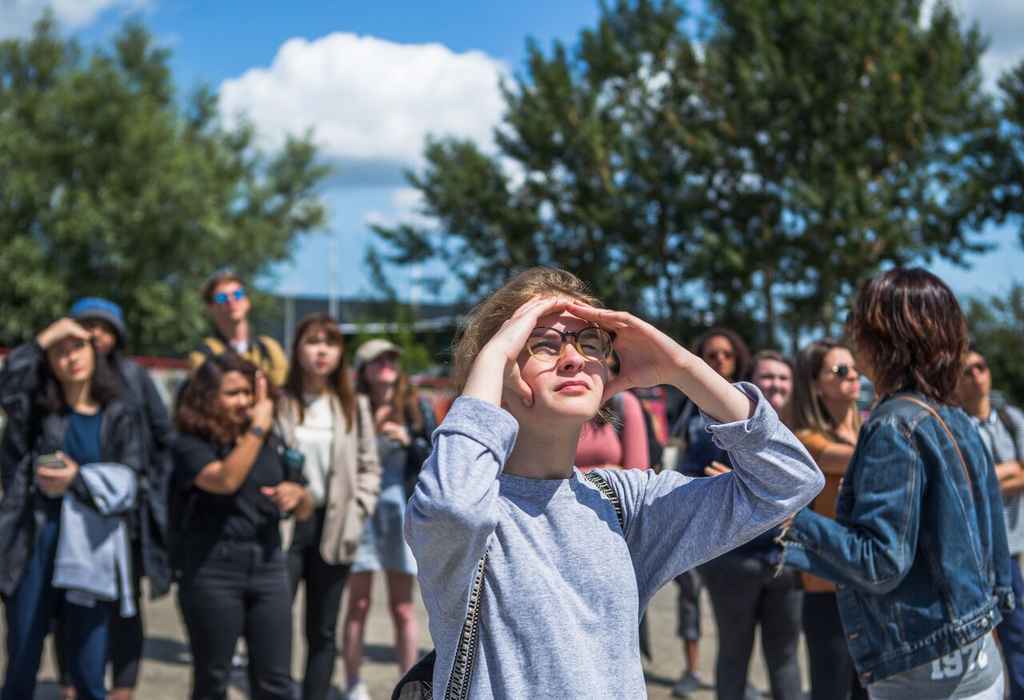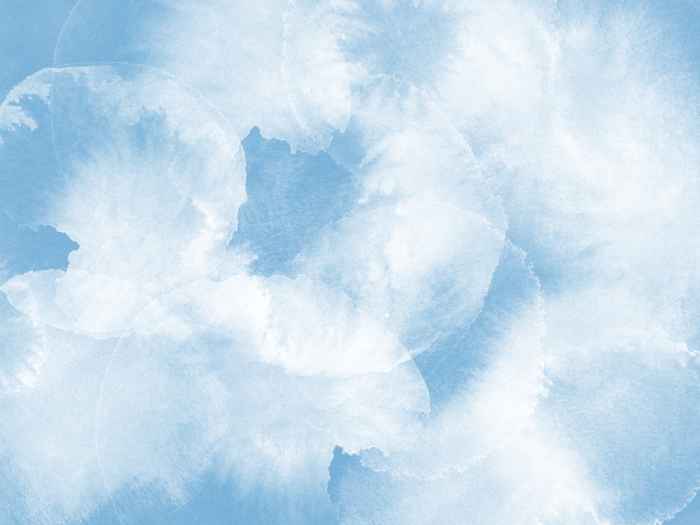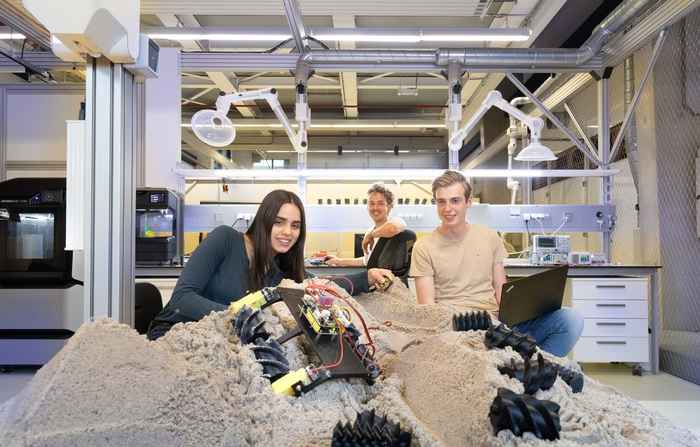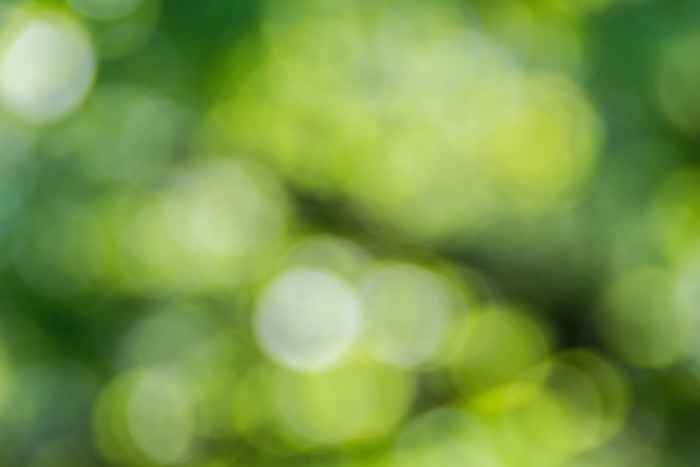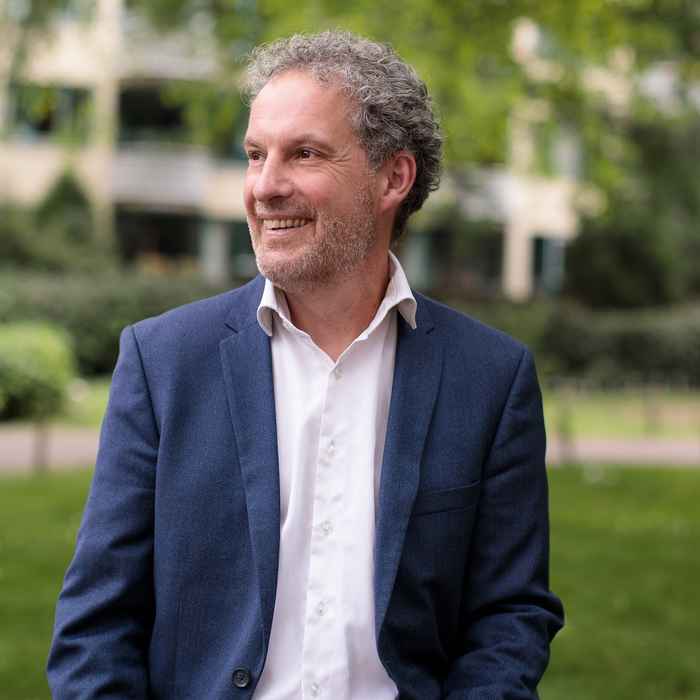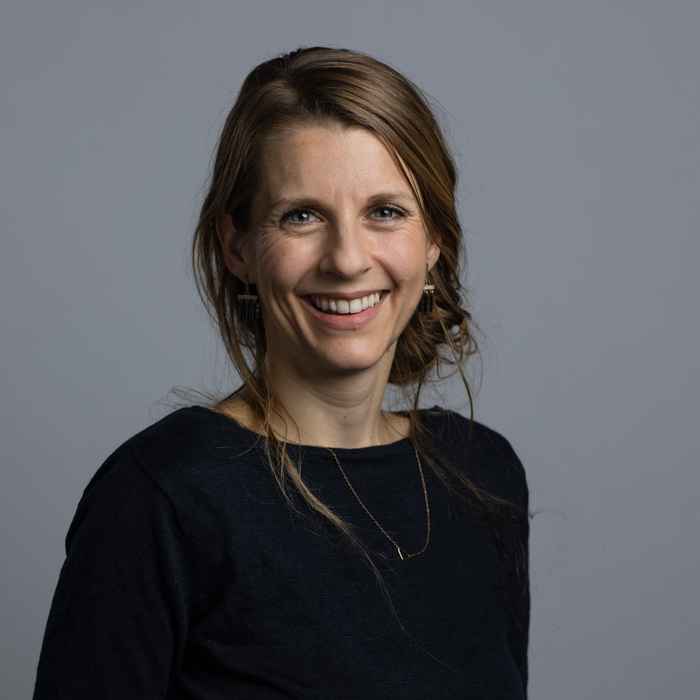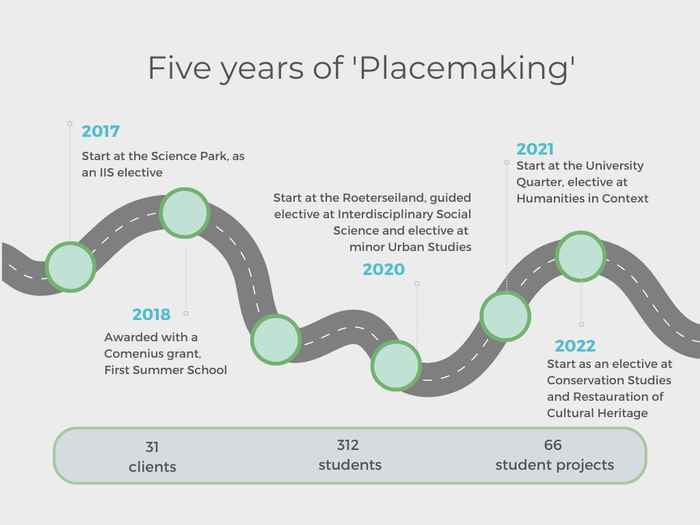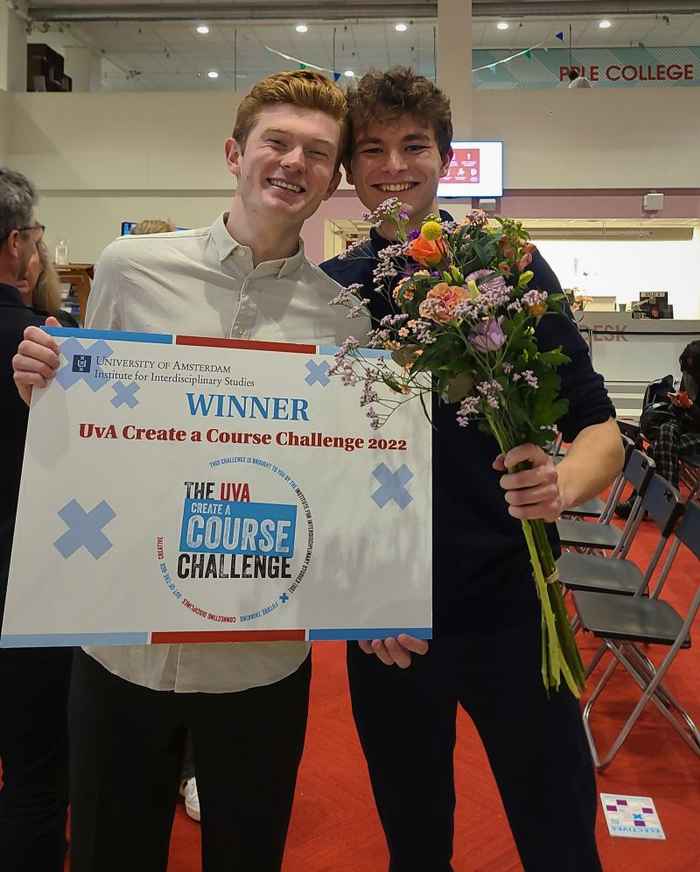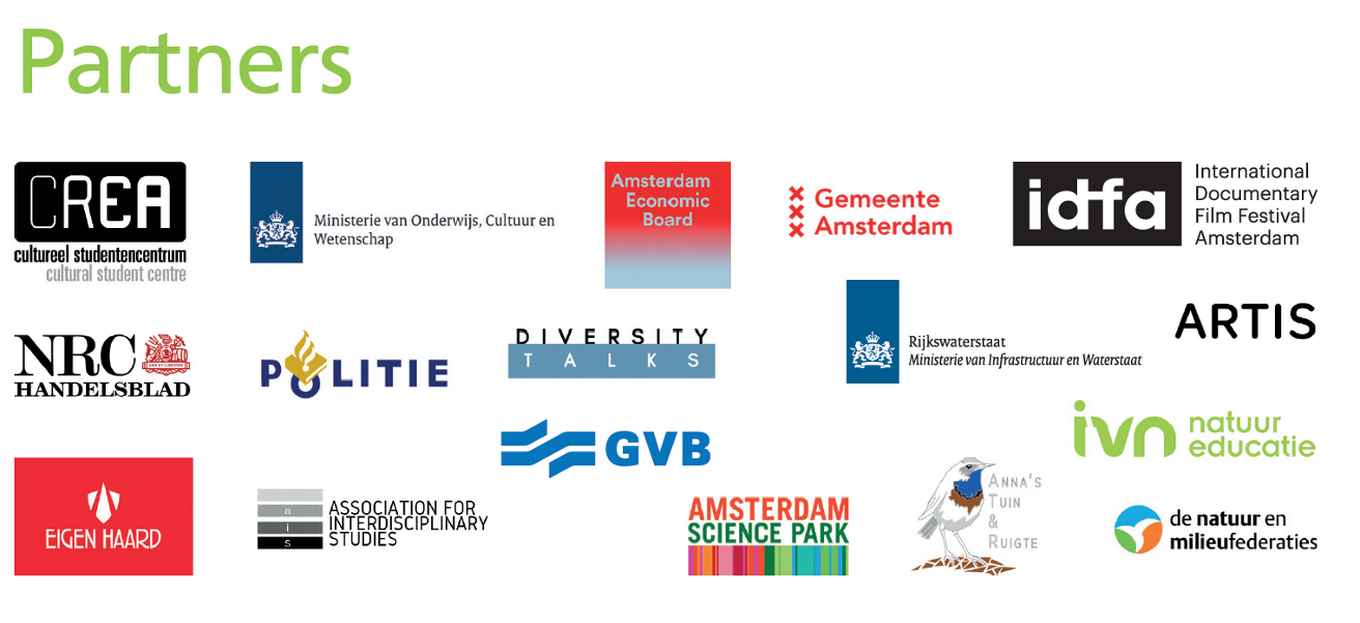Building connections
As the Institute for Interdisciplinary Studies, we too are shaping, as our rector Peter-Paul Verbeek beautifully put it in his Dies speech (January 2023), an 'in-between space'. In this space, we build connections between disciplines, faculties, society, teachers and students to acquire new insights together and then give them an appropriate place within the education of the UvA. Below is a concrete review of our activities in 2022, including news on how we implemented our Strategic Plan, the new programme in 'Science Technology & Innovation', and a new publication!
Lucy Wenting, general director of the IIS
Luca Bertolini, scientific director of the IIS
